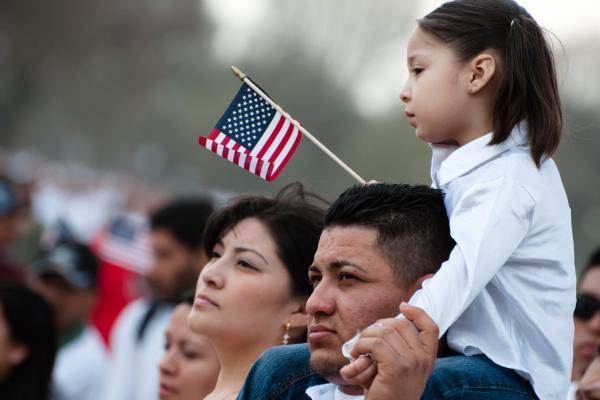Jul 14, 2016
Seven years ago, on a cold day in December 2009, I entered Elizabeth Detention Center in Elizabeth, N.J. — a minimum-security prison on a pilgrimage organized by the Interfaith Center of New York and Human Rights First. This one-day journey ushered me into the story of immigrants in the New York and New Jersey area, and changed my life.
Read the Full Article

Already a subscriber? Login
